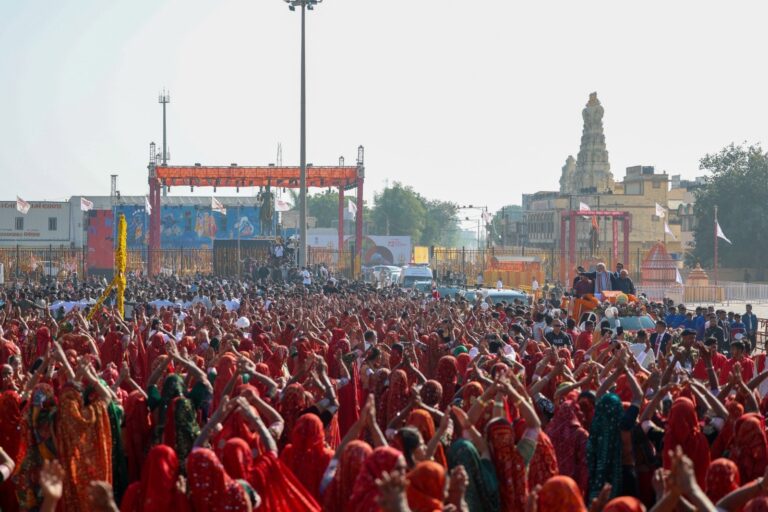
 By Venkatesh Raghavan
By Venkatesh Raghavan
The troubled population of Afghanistan is faced with prospects of a massive human affliction of unprecedented dimensions emerging in the horizons, even as America and its allies from the West race with time to evacuate their staff and troops present in the country. Thursday’s bomb attack and subsequent firing of gunshots have sent the allies as well as locals into a doubting spree.
While Western intelligence attributed the terror trail to ISIS-K, and reported sharing their intelligence briefs with the Taliban forces, who have been positioning themselves as the enemy of this extremist organization that partly comprises non-state players from across the borders of Pakistan and Uzbekistan, many Afghanistan locals are unsure about the source of the terror attack. They harbour an element of mistrust which yields the sentiment that the Taliban itself was responsible for this terror attack.
As of now, the lack of clarity and also chaos surrounding the evacuation process with news pouring in that more terror attacks are on the anvil has precipitated an air of uncertainty, which the Western democracies view as a catalysing factor for speedy troop and staff evacuation. Working against the stiff deadline set by American President Joe Biden as August 31, the allies are now pressing for rapid completion of the evacuation process defying the imminent risk factor it poses. However, the US security observers on ground stated, the Taliban did thwart terror bids in the past ever since they took charge of the country on August 15.
Meanwhile, casualty figures in Thursday’s suicide bombing have been placed at 85 by official sources, adding it included 13 US service staff. Ironically, the situation warrants that Western powers pointing to Taliban as their common enemy are forced to seek its help to thwart further terror acts on Afghan soil. Videos that captured the action being circulated in media channels showed a host of corpses being taken out of Kabul airport’s nearby waste water canal.
The terror action has adversely affected Afghan locals who had lent able support to the US and allied troops as both translators and collaborators. As of now there are a huge number of Afghan locals who are likely to get stranded and fend for themselves, once the allied troops complete their evacuation act. On ground the country is faced with a serious humanitarian crisis that includes shortage of food, medical supply and unabated spread of Covid19 pandemic in the absence of proper sanitation and hygiene standards.
While many Afghans seeking refugee status in the West have already fled their home soil, the country is still reeling under the pressure of a huge population of unskilled labour force, with no means to eke a livelihood.





